In the intricate world of global diplomacy, where nations navigate complex relationships, language barriers can often hinder effective communication. Interpreters play a pivotal role in bridging these linguistic and cultural gaps, ensuring that dialogue remains clear, accurate, and meaningful. Their expertise not only facilitates international cooperation but also shapes the outcomes of critical negotiations and global decision-making processes.
Why Interpreters Are Essential in Diplomacy
-
Facilitating Clear Communication: Diplomatic discussions involve nuanced language, where every word carries weight. Interpreters ensure that these subtleties are accurately conveyed, preventing misunderstandings that could derail progress.
-
Fostering Cultural Understanding: Interpreters often act as cultural mediators, providing context to help parties understand cultural nuances and avoid inadvertent offenses. This sensitivity is vital in maintaining respect and rapport between nations.
-
Building Trust and Rapport: In diplomacy, trust is everything. Interpreters’ ability to convey sincerity and intent fosters mutual understanding and strengthens relationships between parties.
-
Navigating Multilateral Forums: Global platforms like the United Nations involve multiple languages and diverse stakeholders. Interpreters enable seamless interaction in such settings, ensuring that every participant’s voice is heard.
The Skills of a Diplomatic Interpreter
Diplomatic interpreting requires a unique set of skills, including:
-
Fluency in Multiple Languages: Mastery of both source and target languages is non-negotiable.
-
Cultural Competence: Understanding the cultural contexts of both parties is crucial to effective communication.
-
Accuracy Under Pressure: Interpreters must deliver precise translations, often in high-stakes environments where errors are not an option.
-
Discretion and Neutrality: Interpreters must remain impartial and maintain confidentiality, ensuring the integrity of diplomatic interactions.
-
Adaptability: From formal negotiations to informal discussions, interpreters must adapt their approach to suit the tone and context of the conversation.
